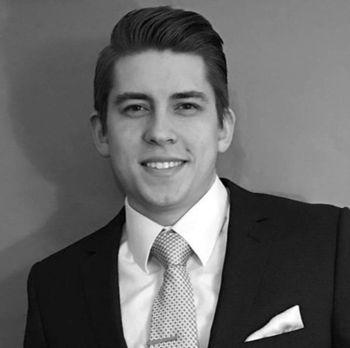Prof points to surprising source of radicalism in academia
The increasing political radicalism among academics can be traced to the alienation of adjunct scholars, argues sociology professor Neil Gross of Colby College.
In an op-ed for The New York Times, Gross proposes that the rise in spiteful rhetoric among academics in recent months could be attributable to a “widespread reliance on adjunct faculty” that may fuel the type of liberal radicalism that conservatives oppose.
“Conservative commentators have glossed these incidents as the latest evidence that college and university faculties have been taken over by left-wing radicals,” Gross writes. “But the incidents might be viewed as part of a different phenomenon: adjunct alienation.”
[RELATED: Prof: House GOP ‘should be lined up and shot’]
“[T]here’s reason to believe widespread reliance on adjunct faculty may encourage the very radicalism conservatives fear,” he continues. “Social scientists have found that when aspiring intellectuals face highly restricted employment opportunities, they often take refuge in extreme politics.”
To support his assertion, Gross mentions a 1996 study by sociologist Jerome Karabel that examined “the circumstances under which intellectuals, from would-be academics to writers and artists, embrace or rebel against the status quo.”
According to Gross, the study found that “societies in which the higher levels of the educational system produce far more graduates than can be absorbed by the marketplace” are “especially conducive to the growth of political radicalism.”
[RELATED: Twitter threats land Rutgers prof in loony bin]
“Frustrated that their long investments in education and cultural cultivation haven’t paid off, intellectuals in such societies train their anger—and ideas—at the economic and political systems (and social groups) they hold responsible,” the professor explains.
In recent months, several scholars found themselves at the epicenter of controversy following contentious remarks that they publically made on social media, such as a Florida professor who was fired after calling the aftermath of hurricane Harvey “instant karma” for the predominantly Republican Texas.
A professor at John Jay College went even further, not only proclaiming his support for the use of violence to shut down “hate speech” on The Tucker Carlson Show, but also tweeting that “it’s a privilege to teach future dead cops” in reference to the students in his criminal justice courses.
“The same situation can breed support for radical movements of the left,” Gross warns in his op-ed. “Poor job prospects for American thinkers during the Depression helped draw many into socialism or communism.”
[RELATED: Prof: 'I'd be ok if #BetsyDeVos was sexually assaulted']
“More recently, the sociologist Ruth Milkman found that well-educated millennials were overrepresented among Occupy Wall Street activists,” he continues, observing that “these young people had spent their lives diligently preparing to enter the knowledge economy and became disillusioned when, after the financial crisis, it all seemed to be crashing down.”
Gross speculates that professionals who are on track to receive tenure may simply have “too much to lose to become ‘antifa’ rioters or rant uncontrollably on social media, even if they have stronger academic freedom protections than their adjunct colleagues,” concluding that, “in a sense, the tenure system has tamed them, and much of their protest will remain merely academic.”
Follow this author on Facebook: Nikita Vladimirov

